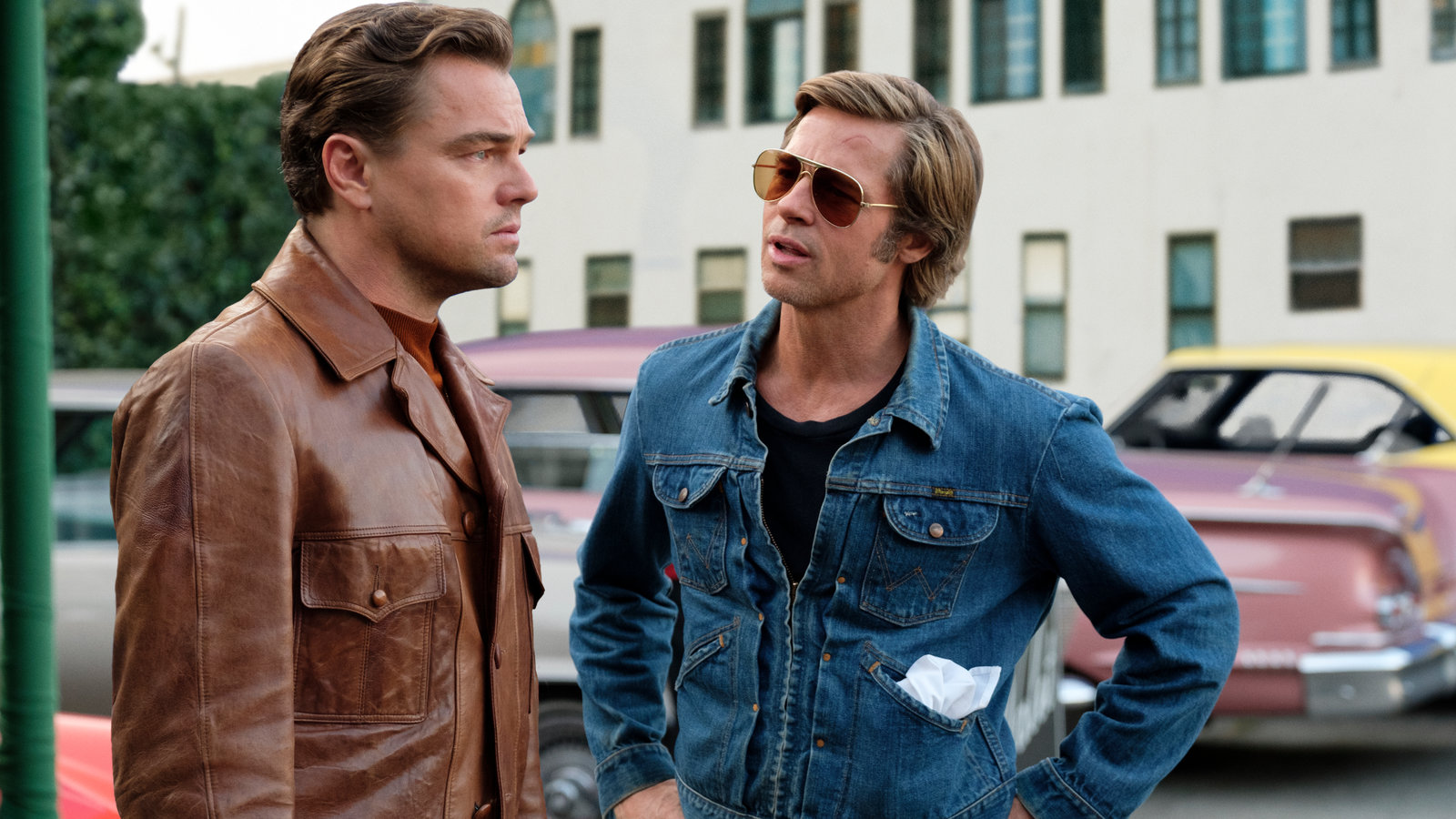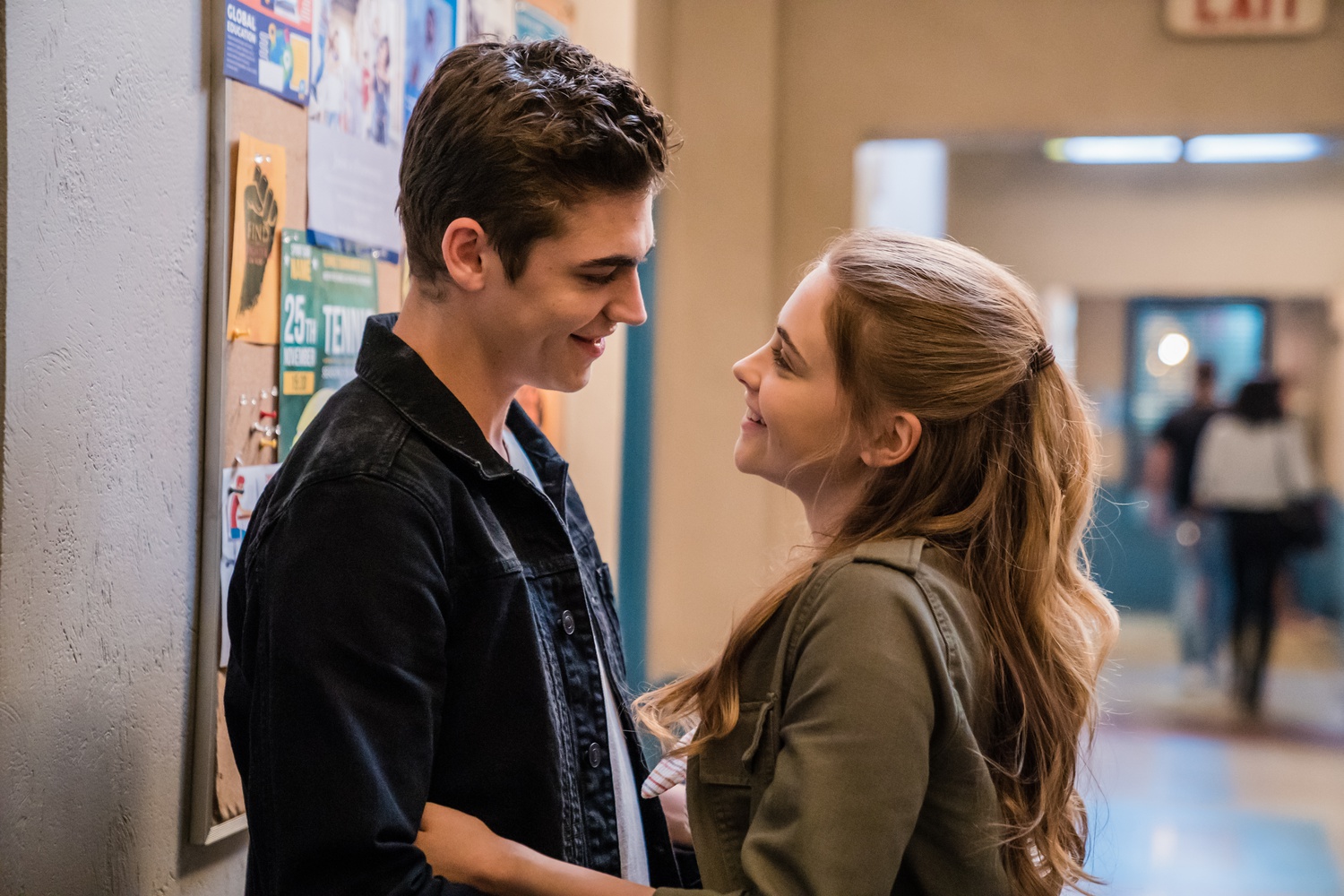dreamabodefinder.com – Moonlight (2016) is a poignant, multi-layered film that delves into themes of identity, masculinity, love, and survival. Directed by Barry Jenkins and based on Tarell Alvin McCraney’s unpublished play In Moonlight Black Boys Look Blue, the film tells the story of Chiron, a young Black man, as he navigates the challenges of growing up in a rough neighborhood in Miami. The movie has received widespread acclaim for its sensitive portrayal of the Black experience, LGBTQ+ identity, and the universal search for self-acceptance. In this article, we explore the depth of Moonlight and why it resonates with audiences worldwide.
Plot Overview
Moonlight is a story told in three acts, each focused on a different stage of Chiron’s life. Each section is named after a nickname or title that Chiron is given, reflecting his emotional state and evolution:
- Little: The first act follows Chiron as a young boy (nicknamed “Little”), struggling with bullying and the absence of a stable parental figure. His mother, Paula, is a drug addict, and he finds solace in the friendship of a local drug dealer named Juan and his girlfriend, Teresa, who offer him a sense of security and guidance.
- Chiron: The second act explores Chiron as a teenager, grappling with his sexual identity and enduring further isolation. He faces intense bullying at school, particularly from a classmate named Terrel, and struggles to express his true self. A pivotal moment in this section is his emotional and physical connection with his best friend, Kevin, which leaves a lasting impact on his life.
- Black: The final act takes place in Chiron’s adulthood, where he has adopted the nickname “Black.” Now a hardened man, he has embraced a tough persona to protect himself from the world. Chiron reconnects with Kevin after years of separation, leading to a moment of emotional vulnerability that reveals the pain and longing he has carried for most of his life.
Themes and Symbolism
The film explores several important themes, each of which contributes to its emotional depth and resonance:
- Identity and Self-Discovery
At its core, Moonlight is a story about the search for identity. Chiron is forced to confront both his sexual identity and his place within the expectations of Black masculinity. The tension between Chiron’s internal desires and the external pressures of his environment forms the backbone of the narrative. The film’s exploration of self-discovery is universal—no matter one’s race or sexual orientation, everyone faces a journey of reconciling personal truth with societal expectations. - Masculinity and Vulnerability
One of the most striking aspects of Moonlight is its deconstruction of traditional notions of masculinity. Chiron’s struggles with his identity are compounded by the toxic expectations of masculinity that permeate his community. In a world where toughness and stoicism are valued, Chiron is forced to hide his true self, often leading to internalized pain and emotional repression. The film challenges this portrayal by showcasing moments of tenderness, especially in the relationships between Chiron and Juan, Teresa, and Kevin. - Love and Connection
Love, in its many forms, is a key theme in Moonlight. The unconditional care Juan and Teresa show Chiron provides him with a brief respite from his troubled home life. In the second act, Chiron’s connection with Kevin offers him a glimpse of a love that transcends the harshness of their environment. Despite the challenges they face, Kevin remains an anchor in Chiron’s life, symbolizing the possibility of love and acceptance. The finale, with its tender and emotional reunion between Chiron and Kevin, underscores the importance of human connection. - Class and Race
Moonlight also addresses the intersectionality of race, class, and sexuality. Set in a poor, predominantly Black neighborhood, the film highlights how systemic issues, such as drugs, poverty, and violence, shape the characters’ lives. Chiron’s struggle is not only against his own self-doubt but also against the limitations imposed by his environment. His journey of survival, resilience, and self-empowerment speaks to broader societal issues. - The Moonlight as a Metaphor
The title of the film itself is a metaphor for Chiron’s journey. The moonlight is a symbol of beauty and guidance in darkness, illuminating the truth of one’s identity amidst the chaos and pain of life. The quiet yet powerful visual of the moon in the film’s closing moments encapsulates Chiron’s personal transformation—finding his own light in a world that often feels dark and oppressive.
Impact and Reception
Moonlight was a critical and commercial success, receiving widespread praise for its emotional storytelling, exceptional performances, and stunning cinematography. The film was particularly lauded for its nuanced portrayal of Black and LGBTQ+ experiences, breaking away from the stereotypical narratives often seen in Hollywood.
The film won several prestigious awards, including the Academy Award for Best Picture in 2017, making it the first LGBTQ+ film to win this honor. Mahershala Ali, who portrayed Juan, won the Academy Award for Best Supporting Actor for his powerful performance. Barry Jenkins and Tarell Alvin McCraney also won the Oscar for Best Adapted Screenplay.
Moonlight’s success not only marked a milestone for representation in cinema but also resonated deeply with viewers for its authenticity and emotional depth. The film became a cultural touchstone for discussions on race, sexuality, and identity, proving that these stories deserve to be told in the most raw and beautiful ways.
Conclusion
Moonlight is more than just a film—it is a powerful exploration of identity, love, and survival. Through its tender portrayal of Chiron’s journey, the film highlights the complexities of growing up in a marginalized community while also confronting internal and external barriers to self-expression. The beauty of Moonlight lies in its ability to capture the universality of human experience while telling a deeply personal and transformative story. Its success is a testament to the importance of diverse storytelling and the emotional power of cinema to spark meaningful conversations and inspire change.





